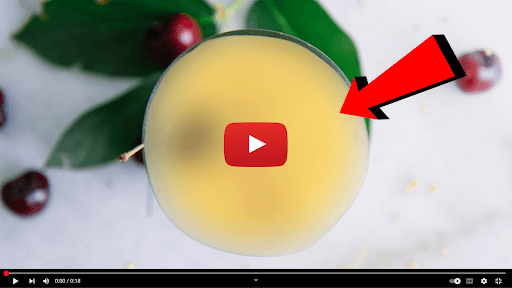Fruit Just As Bad As Processed Sugar? - Best & Worst Fruits For Longevity | Dr. Rupy Aujla
The debate around the sugar content in fruits is ongoing, but understanding the context and benefits is essential for making informed dietary choices. In a discussion featuring a dietary expert from the Doctor’s Kitchen, the relationship between fruit sugars and health is dissected, illustrating why nature’s sugars should not be feared.
Plants produce sugars as a primary energy source and for development. When it comes to how humans interact with these sugars, it’s essential to differentiate between naturally occurring sugars in whole fruits and artificial or added sugars found in processed foods.
Fruits contain simple sugars like fructose and glucose in balanced, beneficial combinations that are mitigated by the presence of fibers and polyphenols. This intrinsic structure means the body metabolizes these sugars differently from those found in candies or sugar-sweetened beverages.
Whole foods reduce fasting glucose and are beneficial even for people with diabetes.
- Fruit sugars are coupled with fibers, reducing absorption speed.
- The nutrient-dense matrix of fruits includes antioxidants helping in glucose regulation.
- Satiety factors in fruits limits overconsumption.
Fructose from fruits has garnered concern but misplaced comparisons overshadow its nutritional value. Fructose in natural quantities has minimal adverse effects, contrary to the abundant fructose found in processed food items, which account for excessive consumption equations and resultant health issues.
Taking a balanced standpoint, the speakers urge listeners to consider fruit intake as part of a varied diet that leans on whole food consumption. Seasonal fruits and portion moderation usually parse auspicious nutritional balance against rare indulgences like exotic fruits as luxuries.
Participants are encouraged to complement fruits with proteins and healthy fats to maximize their nutritional uptake while maintaining enjoyable and nutritious eating habits. This blend diminishes the direct sugar uptake within the organization and keeps insulin triggers at stable levels.
- Fruits should not be completely removed from the diet over fear of sugar.
- Carefully distinguish between added sugars and natural fruit sugars.
- Combine fruits with other nutritious elements such as nuts and dairy for optimal health benefits.
From Around The Web
Wellness Inbox is a blog & weekly newsletter that curates trending news and products related to health and wellness from around the web. We also gather content from various sources, including leading health professionals, and deliver it directly to you.
Please note that we may receive compensation if you purchase any products featured in our newsletter. Wellness Inbox is not affiliated with, nor does it endorse, any health professionals whose content may appear in our newsletter. The information provided is for general informational purposes only and should not be considered medical advice.
The information provided is not intended to replace professional medical advice, diagnosis, or treatment. All content, including text, graphics, images, and information available is for general informational purposes only. We do not guarantee the accuracy or completeness of any information presented and assume no liability for any errors or omissions. The content is subject to change without notice. We encourage you to verify any information with other reliable sources and consult your physician regarding any medical conditions or treatments.







